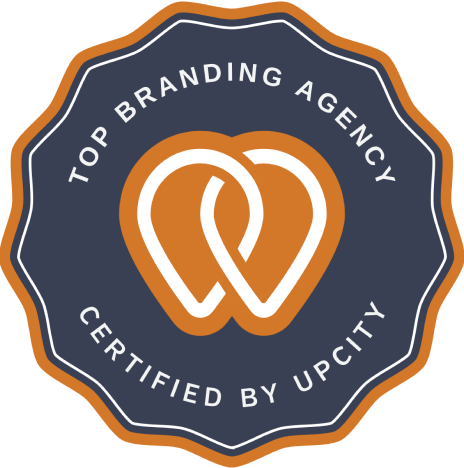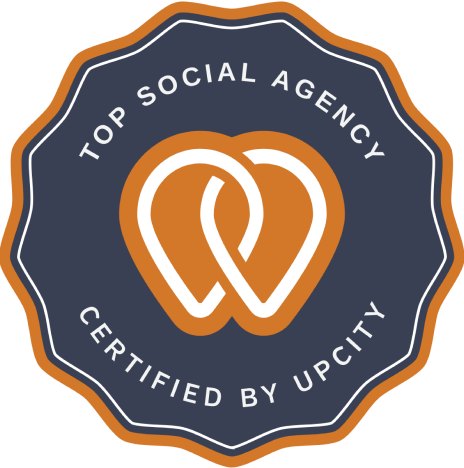As a business owner, you may have heard the terms “flywheel” and “funnel” regarding marketing strategies. These concepts may seem complex, but they are pretty simple. Understanding the core differences between these two marketing approaches can significantly impact your business’s success. In this blog, we delve deeper into the flywheel and funnel marketing strategies, analyze their fundamental differences, discuss their benefits, explore ways to adjust a funnel approach, and explain tactics for creating customer loyalty using these marketing strategies.
Flywheel vs. Funnel
The marketing funnel has traditionally been the go-to model for most businesses. The funnel represents linear prices where marketers lead customers through a series of stages beginning from Awareness, Interest, Desire, and Action (AIDA). In contrast, the flywheel approach concentrates more on customers’ experiences, building momentum, and leveraging customer satisfaction to attract even more prospects. The flywheel model seeks to revolve around three key stages: attract, engage, and delight.
Key Differences Between Approaches
One of the significant differences between the flywheel and funnel is that the flywheel strategy focuses on building long-term customer loyalty. In contrast, the funnel strategy focuses on the short-term conversion of visitors to customers. With the flywheel approach, it is not just about making the first sale; it is also about creating an exceptional experience for customers so that they keep coming back. However, the funnel approach focuses on getting the visitor to purchase as quickly as possible.
Benefits of Implementing Each Strategy for Your Business
The benefits of implementing the flywheel strategy involve creating a positive customer experience that can increase customer retention and referrals, reduce sales costs, and provide valuable feedback to improve the business. Additionally, the funnel strategy benefits include a faster and easier conversion of website traffic to sales, supporting short-term planning, and being a valuable tool for those businesses that want to focus on smaller goals such as new product launches or seasonal promotions.
Adjusting Your Funnel Approach
One way to adjust the funnel approach to gain an edge over competitors is by following up with your customers after the sale is made. By implementing a follow-up strategy, you create an additional touchpoint to establish a relationship with the customer beyond the first sale. This strategy aims to retain customers and eventually convert them into loyal customers so you can refer more customers to your business.
Measuring Success with Each Model
Measuring the success of your marketing strategy is essential, and both the flywheel and funnel have different ways of measuring such success. With the funnel approach, you need to track metrics such as visit-to-lead conversion rate, lead-to-qualified-lead conversion rate, and, eventually, the sales conversion rate. In contrast, with the flywheel approach, you need to track metrics such as loyalty rate or customer lifetime value, churn rate, Net Promoter Score (NPS), and referrals. These metrics help you evaluate the strategy’s effectiveness and know whether or not it is meeting your business goals. However, both approaches should ensure that the customer experiences exceed expectations.
Tactics for Creating Customer Loyalty
Focusing on delivering an exceptional customer experience through the funnel or flywheel approach creates loyal customers. In the flywheel approach, businesses can leverage happy customers and use their feedback to create better customer experiences, thus improving customer satisfaction. On the other hand, the funnel approach provides businesses with a roadmap of customer behavior, allowing them to tailor customer experiences to their specific needs.
Strategic Solutions with Symboliq
Marketing is a critical component of any business, and using the right marketing strategy can positively impact the growth of the business. At Symboliq, we focus on marking sure your business is seen, heard, and understood. Then, we’ll create a customized plan for immediate, actionable change that is true to your brand, speaks to your target audience, and drives long-term growth. Our tailored marketing strategies are built upon extensive market research, in-depth competitor analysis, analytics, and current marketing trends. Learn more about our strategic solutions.






